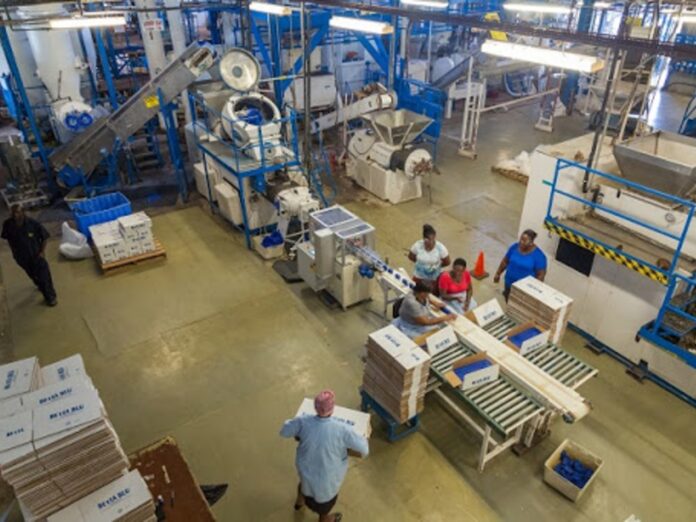
The Caribbean Court of Justice (CCJ) has ruled in favour of DCP Successors Ltd in a legal battle involving the importation of raw materials for soap-making into Jamaica and the export of Jamaican-made soaps to Caribbean Community (Caricom) markets.
BRIEF SUMMARY
This claim was brought by DCP Successors Limited (‘DCPS’), a soap manufacturing company duly incorporated under the laws of Dominica.
The case was heard by all seven judges of the CCJ but, regrettably, before the judgment could be delivered, Wit J retired from the Court on the grounds of ill health and passed away shortly thereafter. DCPS manufactures Dominica, generic soap noodles.
The noodles may be produced using fatty acids from either palm (or coconut) oil or using tallow (or animal fats). Soap noodles manufactured by the Claimant are molded into various soap products including but not limited to laundry bar soap and bath bar soap.
Since DCPS’ soap noodles and its other soap products are manufactured within the Caribbean Community (‘CARICOM’), those goods are eligible for and receive preferential treatment relative to similar goods from third States.
Regional importers of DCPS products do not pay the Common External Tariff (‘CET’) established by CARICOM. DCPS exports throughout the region both the soap noodles manufactured by them as well as the finished laundry and bath soaps. The Defendant in the claim is the CARICOM Member State of Jamaica (‘Jamaica’). There are soap-producing enterprises also operating in the State of Jamaica. These soap producers import already manufactured soap noodles from third States such as Malaysia and Indonesia.
They add fragrances, extracts of oil, moisturizers, and colour to the imported noodles, reshape them into various forms and repackage them. They would distribute the final product both in Jamaica and also export it throughout the region and beyond. Initially, the soap noodles imported by the soap producers were classified under a different tariff heading than the tariff heading properly applicable to soap and soap noodles (34.01).
After some concern was raised about the classification, assistance was sought from the World Customs Organisation (‘WCO’) about the classification. The WCO advised that the correct tariff heading was 34.01 which attracts 40% CET.
Jamaican soap products exported to other Member States were initially exempted from payment of the CET as the relevant authorities in Jamaica considered these goods to be of community origin and eligible for preferential treatment. The authorities in Jamaica later applied to the CARICOM Secretary-General for a Safeguard Certificate in respect of these goods.
These applications were denied on the basis that the Jamaican soap products were not of community origin.
Conclusion and Disposition
For the foregoing reasons, the Court finds that the claims of the Claimant against the Defendant about Articles 82 and 84 of the RTC have been made out.
The Court therefore declares that:
a. The Defendant is in breach of Article 82 and paragraph 18 of Schedule III of the RTC by failing to apply the 40% CET applicable to soap noodles imported into Jamaica from non-CARICOM sources;
b. Costs are awarded to the Claimant; and c. A case management conference shall be held to consider the modalities for determining whether, and if so, other possible remedies or relief are due to the Claimant.
See attached judgment- https://ccj.org/wp-content/uploads/2024/01/2024_CCJ_1_OJ.pdf


A reason to celebrate! Great leadership by the Government of Dominica.